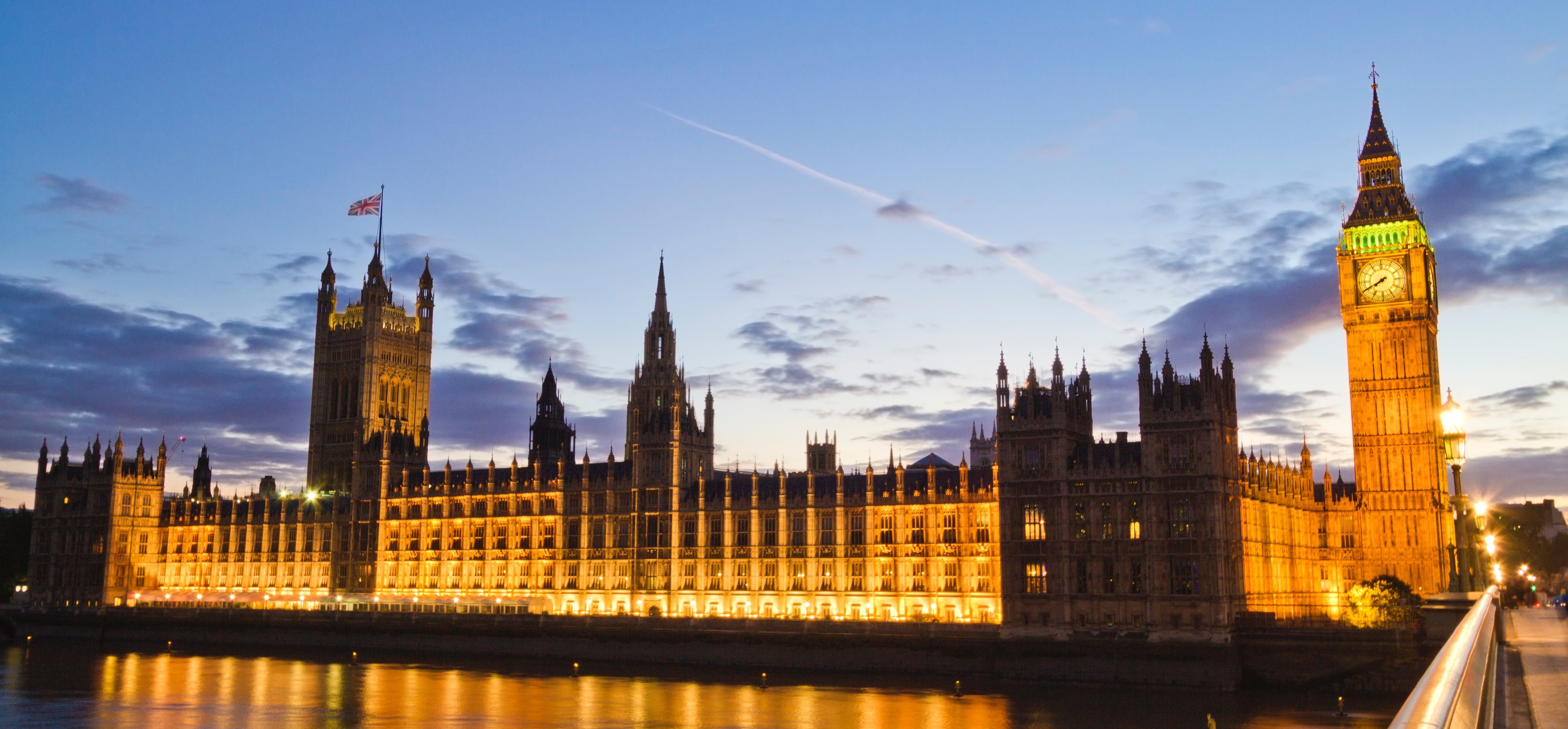Is there a point to political books?
My girlfriend and I went to Waterstones at the weekend, and I found an absolutely brilliant political read. Revolting! How the Establishment are undermining democracy and what they’re afraid of by Mick Hume makes for a fascinating and thought-provoking read, detailing a history of democracy and looking at modern-day threats to the concept. It examines the idea that we’re living in a world of people who claim ‘I believe in democracy, but…’. I have read another of Hume’s books, Trigger Warning: Is the Fear of Being Offensive Killing Free Speech?, and found it similarly enthralling.
When I read both of these books, the same thought kept crossing my mind: ‘I can think of a lot of people who ought to read this,’ and acknowledged that they sadly never would. But that got me thinking – what’s the point of writing these kinds of political polemics if the only audience likely to read is one that already agrees with you?
What’s the point of writing these kinds of political polemics if the only audience likely to read is one that already agrees with you?
Now, I don’t want to claim I’m some kind of uber-impartial reader here – I am happy to snub texts all the time. Earlier this year, Afua Hirsch released a book called Brit(ish): On Race, Identity and Belonging. To quote the book’s blurb, it is ‘about a search for identity, and about the everyday racism that plagues British society.’ It’s the kind of book that The Guardian would love (and, incidentally, the paper did love it). I’ve always found Hirsch to be a bit of a professional victim, and watching her on The Pledge has confirmed that we hold completely different views on pretty much every issue. I chuckled when newspapers more inclined to my own way of thinking slated the book.
On the day I bought Revolting!, I saw Brit(ish) in Waterstones. Did I even consider buying it? You can probably guess the answer to that.
Much has been made of the idea of echo chambers on social media. You like the things you like, and the algorithms tinker away to bring you more content you’ll like, shutting out stuff you won’t. This way, you probably won’t come into content with ideas that you disagree with it, and so your opinions grow more entrenched – you do not see anybody disagreeing with you or interpretations of news you don’t like because the platform actively tries to prevent it. Why would you use a social media platform that presents you with ideas you find distressing?
You like the things you like, and the algorithms tinker away to bring you more content you’ll like, shutting out stuff you won’t
This is the same situation with books. When you read, you’re typically after something that you think you’d enjoy or find interesting. However, books are a lot heavier than scrolling through Facebook, say – you’re normally looking at a tenner for a book, and there’s a substantial time commitment involved in reading one. Why would you put the effort into reading something political when you know that you’re going to dislike it, disagree with it or even get annoyed by it?
There’s also the matter of even knowing these books exist. To go back to my Guardian example, it makes sense that a book like Brit(ish) would be covered more prominently because, broadly speaking, their stances on issues are similar (their review called it ‘powerful’ and states that the book surges with ‘justified anger,’ giving it prominent coverage. By contrast, the same paper called Revolting! ‘little more than a Daily Mail column extended to book length,’ and buried it in the book review section). The point of this is not to slate The Guardian – this situation was the reverse in right-leaning newspapers – but to emphasise that this echo chamber can impact us even before we choose a book to read.
Why would you put the effort into reading something political when you know that you’re going to dislike it?
It’s hard to choose to engage with a text that, on some fundamental level, you disagree with, but the benefits can be numerous. We are increasingly told that our society is more polarised – trying to understand an alternative point of view can be a simple remedy for this. You may learn something, and you may find your mind being opened or changed. Even if you don’t, you’ll have a better, more nuanced understanding of the other side’s arguments, and an increased amount of information which with you can debate them.
Does this mean that I’ll go and read Afua Hirsch? Well, never say never.

Comments